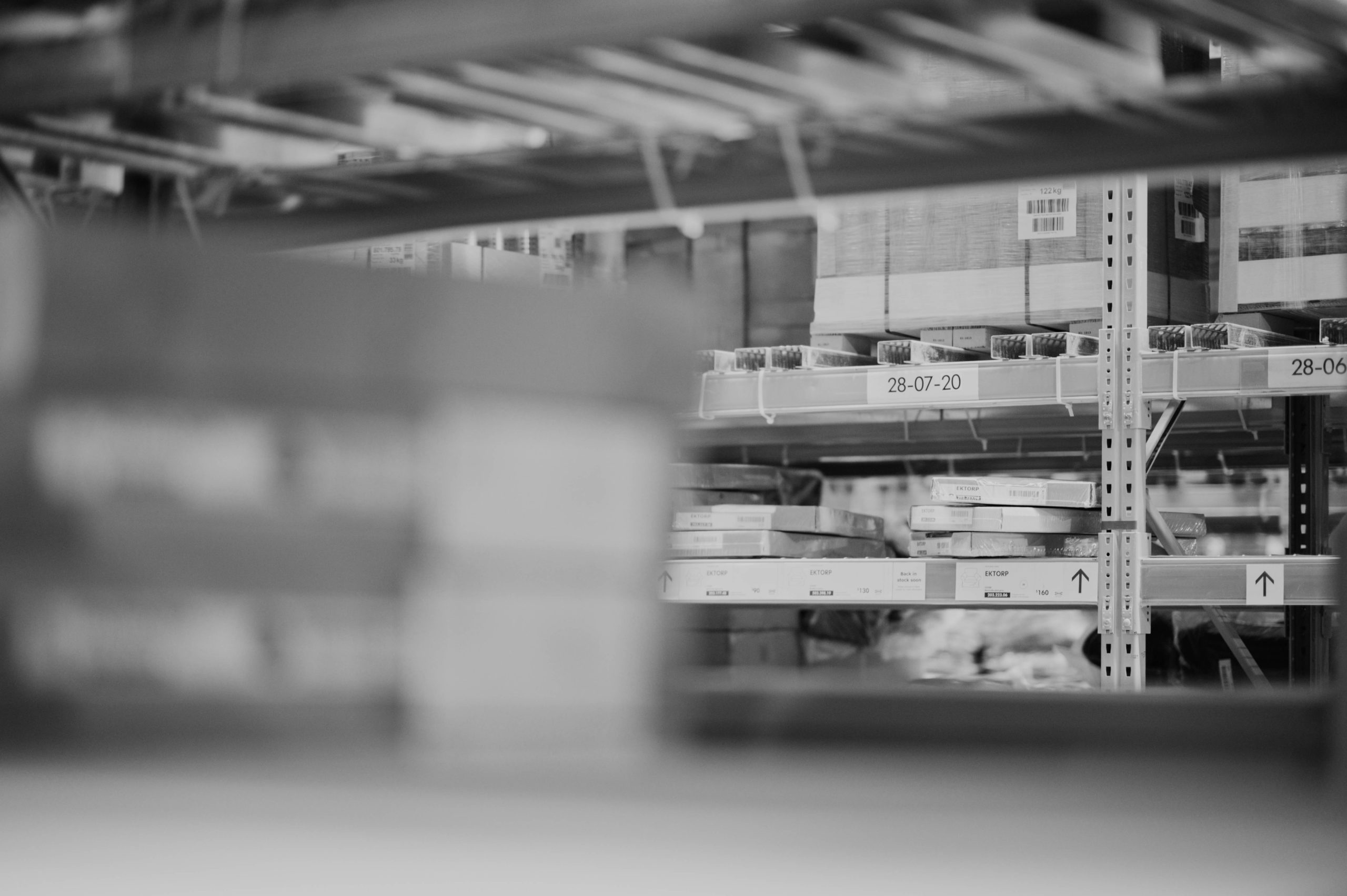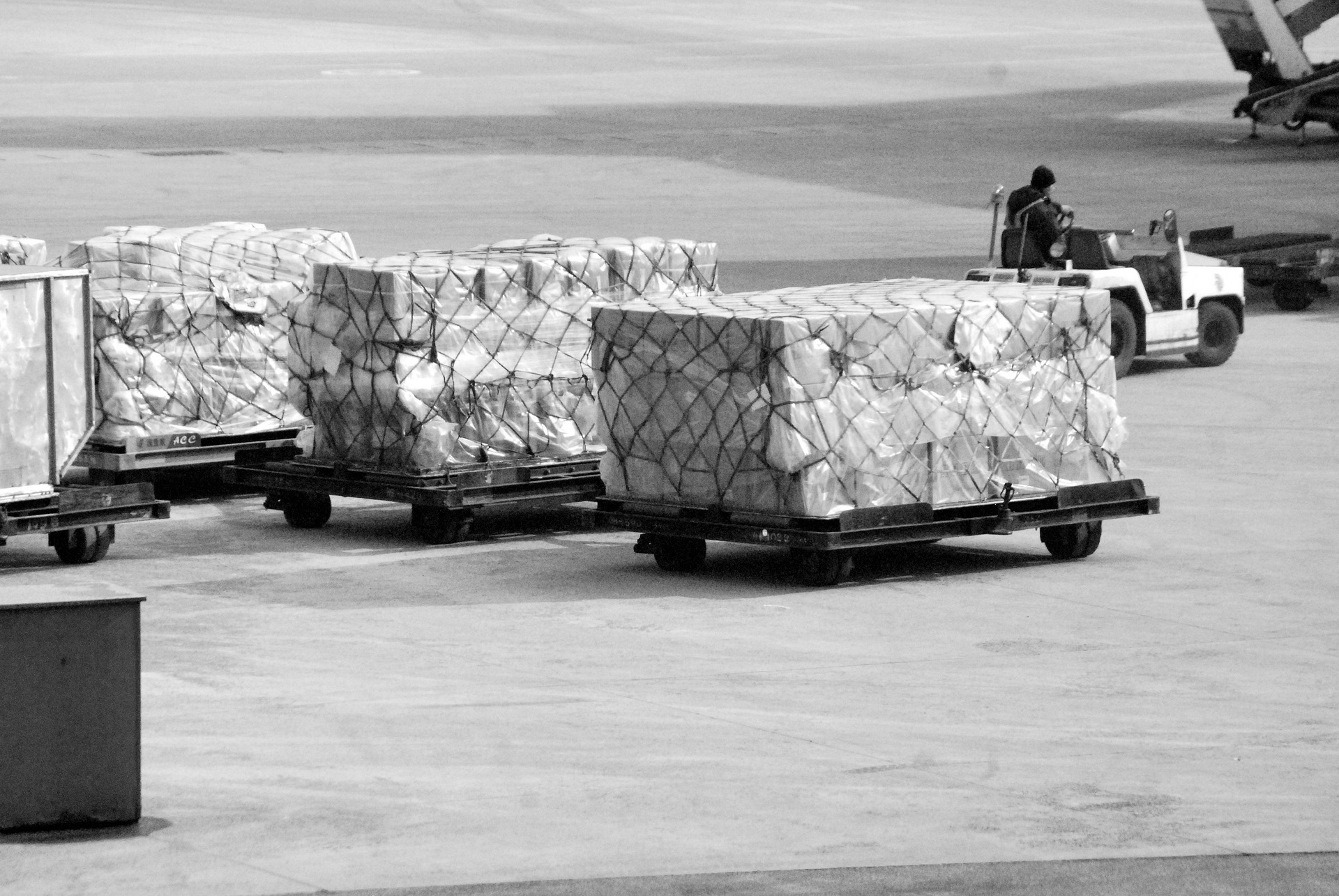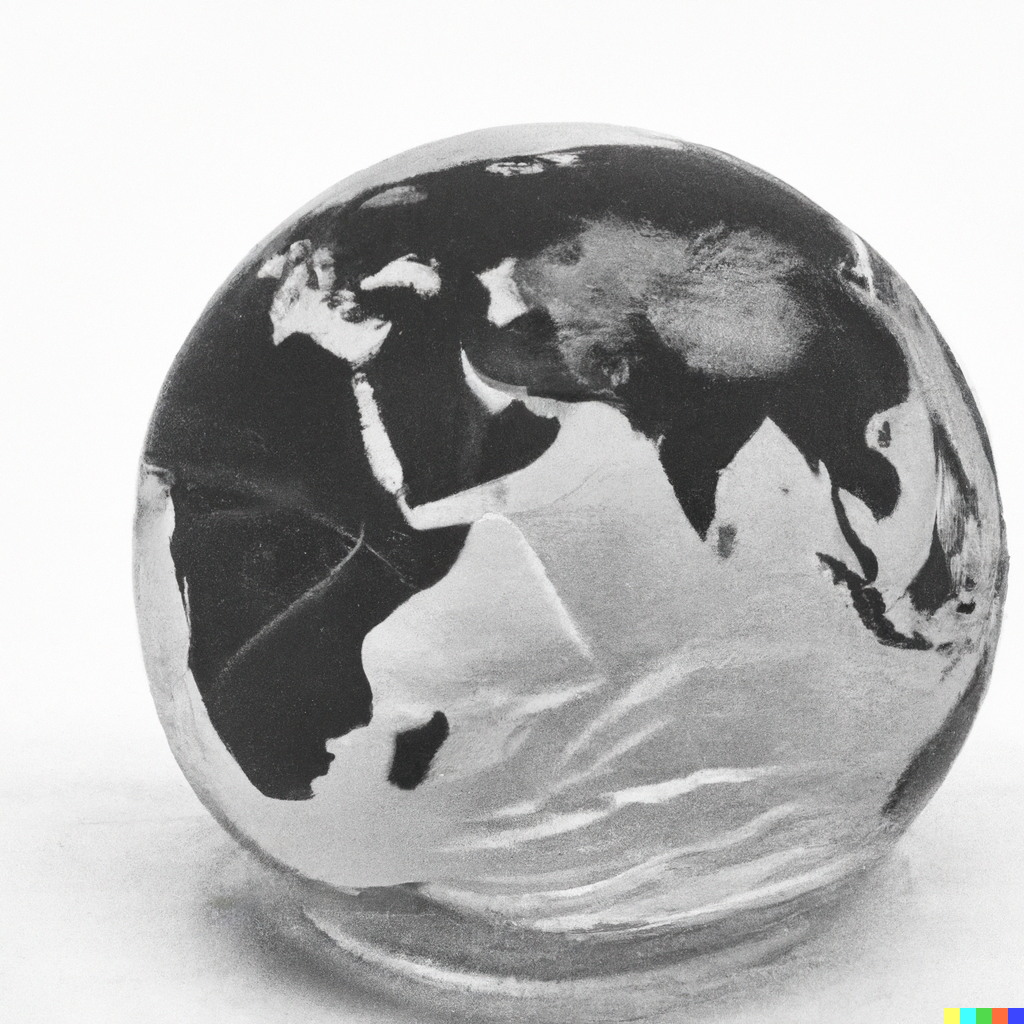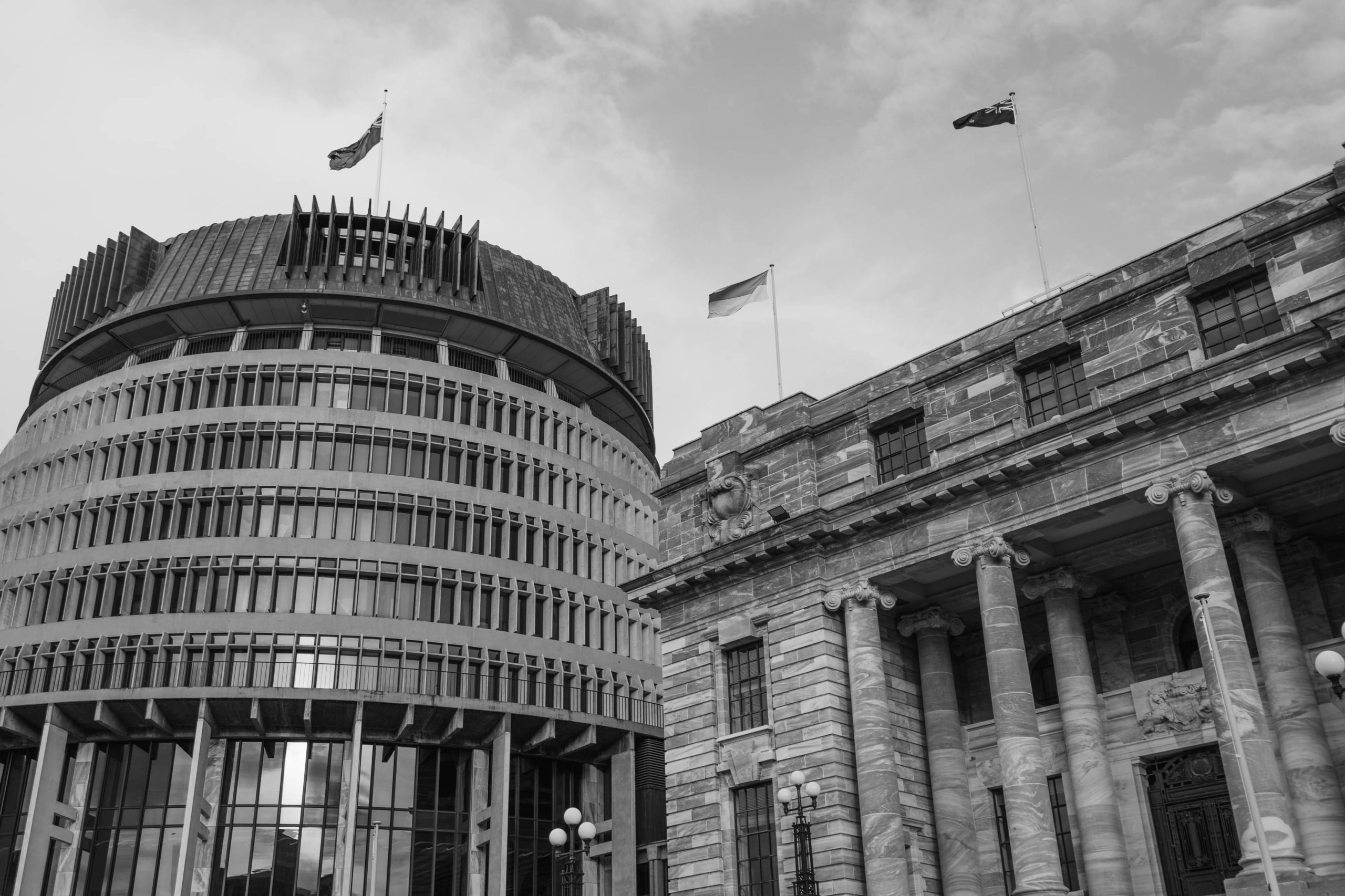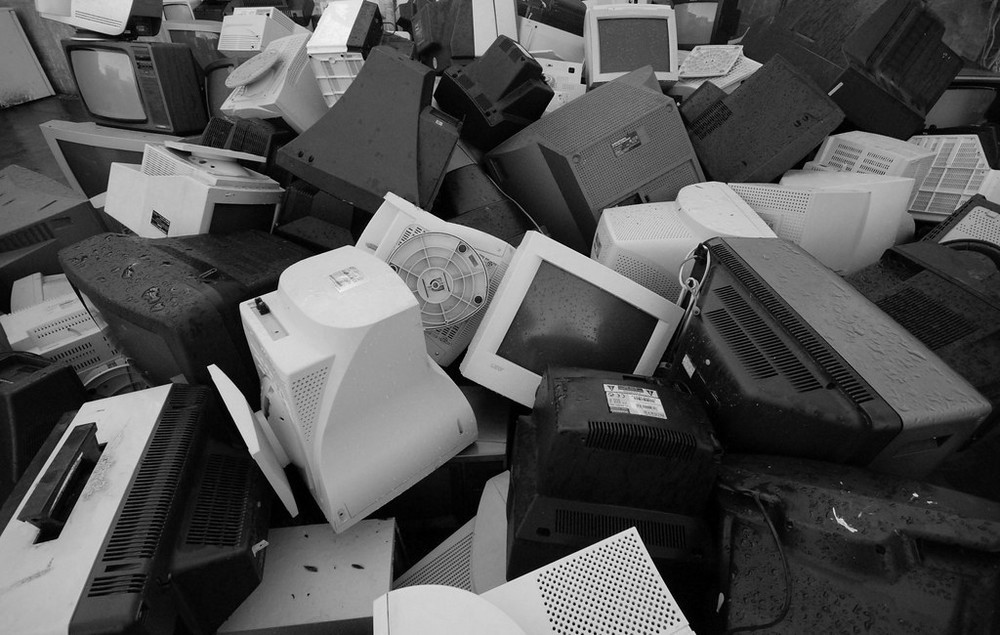What Is Beneficial Ownership Anyway?
Beneficial ownership refers to the real person(s) who ultimately owns or controls a company or other legal entity. This information is often hidden behind complex ownership structures, which can make it difficult to track the flow of money and identify potential corruption or other financial crime.
Transparency of beneficial ownership is important for government procurement for a ...
Australian Government Responds to COVID-19 Procurement Review
Many governments around the world have faced pressure regarding their procurement of COVID-19 treatments and vaccines, so it is encouraging to see The Australian Government releasing its response to the Halton review into procurement of Covid 19 vaccine and treatment.
In June 2022, a review was called into Covid purchasing and procurement by the Australian Minister for ...
Canadian Government Announces Rail Procurement Process
This week, the Canadian Government announced a major step in the procurement process for their High Frequency Rail project: the launch of the Request for Qualifications (RFQ).
The purpose of the RFQ is to identify and qualify up to three top candidates who will be invited to participate in the Request for Proposals (RFP) process, anticipated to ...
Policy Proposal: Analysts In Place
Data is critical to the functioning of government. Policies and services live or die on the quality of data. Successes and failures can often be shaped by the decisions teams make at the outset of a project, especially regarding data.
Data integrity, good data design and proper policies to govern data are too vital to ignore. That’s ...
Future Trends in Government Procurement
Over the years, government procurement has undergone significant changes, with new trends emerging that are reshaping the way governments buy goods and services.
One of the most notable trends in government procurement is the shift towards digital procurement. Governments are increasingly leveraging technology to streamline the procurement process, reduce costs, and improve transparency. Online procurement portals, e-auctions, ...
The Benefits of Data Tech 101
Government procurement, the process by which government entities purchase goods, services and works from private businesses, is being revolutionised by the integration of data technology. The increase in data analytics and digital platforms is making government procurement around the world progressively more efficient, transparent and cost-effective. The implementation of data technology in government procurement is beginning ...
New Procurement Bill Progresses Through Parliament
The proposed new Procurement Bill passed its second reading without division in the House of Commons yesterday, with the Government proposing the new bill will make it easier for small businesses to win more of the £300billion of goods, services and works that the government buys each year.
The Government first laid out its reform proposals in ...
How Government Procurement Data Can Help Export Agencies
Government procurement data, the information on what goods and services government entities purchase in different markets, is an extremely valuable, and often underused tool for the export industry. Government data can help identify and open new markets, and help businesses compete more effectively, in international government procurement markets.
Identifying New Markets
By understanding what goods and services are ...
Government On Covid 19 Contracts
The government has published a document, providing further information about the procurement of critical testing equipment and services during the early months of the coronavirus (COVID-19) pandemic in 2020.The document outlines the challenges of the situation for procurement:
"The exceptional circumstances in the early months of the pandemic meant there was significant global demand for testing goods ...
Global Analysis: Less Is Less
Analysing 7.5 million tender documents published by governments around the world has revealed a worrying trend of publishers providing less data for potential bidders. On average, the number of tender notices that have descriptions with fewer than 250 characters has increased from 31% in 2019 to 45% in 2022.
This trend of using shorter descriptions in tender ...
Govt Issues £4.2bn Tender To Update Legacy Services
Crown Commercial Services together with HM Revenue and Customs (HMRC), have released a contract notice for the Digital and Legacy Application Services (DALAS) framework, with a purported value of up to £4.2 billion over four years.
The DALAS framework intends to provide a strategic gateway to support the delivery of future application services and move HMRC toward ...
Babcock Lands Polish Defence Contracts.
The UK Government has this week signed major major defence equipment agreements with Poland’s military capability.
At the Zamość Military Base in Poland this week, UK Defence Secretary Ben Wallace and Poland’s Deputy Prime Minister and Minister of National Defence Mariusz Błaszczak signed an Air Defence Complex Weapons Memorandum of Understanding (MOU). This enables the UK and ...
UK Risks Its Place On Anti-Corruption Body
The UK has been placed ‘under review’ by the 77-country-strong Open Government Partnership (OGP) due to its failure to meet mandatory criteria for the two previous National Action Plans. These plans set out how the government will progress transparency and accountability initiatives.
The Open Government Partnership (OGP) includes 77 countries and 106 local governments – representing more ...
New Zealand Government Reviewing Procurement System.
It’s always encouraging when we see governments around the world looking to improve their procurement transparency and efficiency. The New Zealand Government has recently released a Cabinet report, outlining plans to reform the government procurement system. The New Zealand Government currently spends approximately NZ$51.5bn (US$35.8bn) annually on goods and services.
Their procurement overhaul is based on three key pillars, ...
Why Is Sustainable Procurement Important For The ICT Sector?
The extraction of raw materials, manufacturing, transportation, use, and disposal of ICT products is associated with a number of environmental, social, and economic externalities.
The extraction and disposal of minerals used in the ICT sector are associated with material toxicity and resource depletion. It is estimated that, although e-waste generated in the ICT sector accounts for only ...







